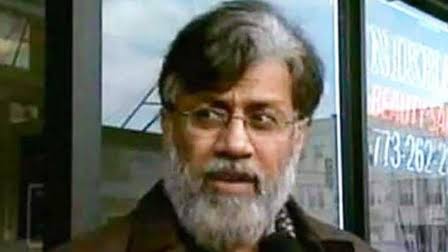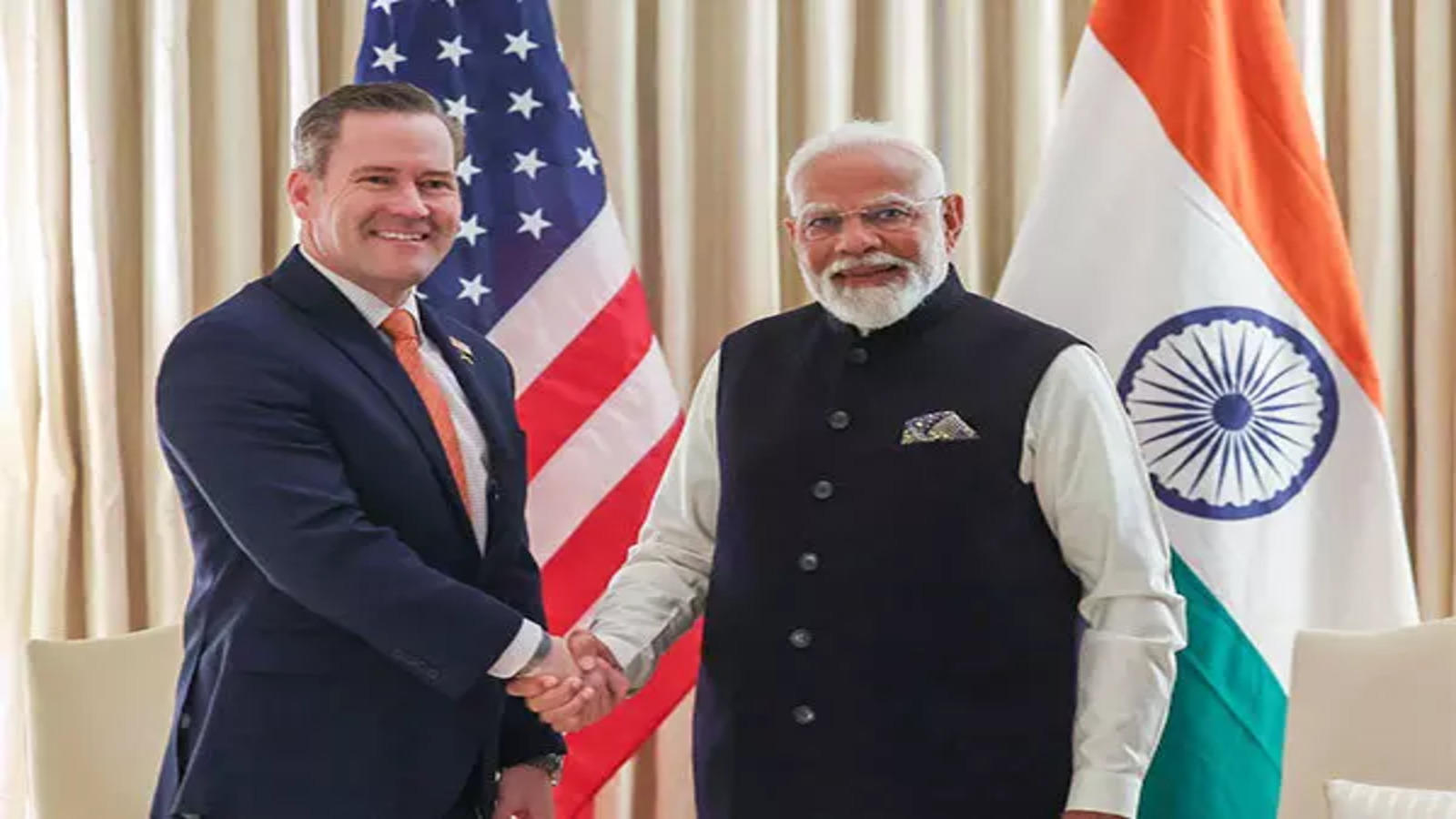ln a significant step toward justice, the United States has approved the extradition of Tahawwur Rana to India, where he faces charges related to the 26/11 Mumbai terror attacks. The decision comes after years of legal battles and diplomatic efforts by India to bring one of the accused to face trial for his alleged role in aiding the masterminds behind the horrific 2008 attacks.
 Tahawwur Rana, a Pakistani-origin Canadian businessman, was arrested in the US in 2009 for his involvement in a separate terror plot. While he was convicted of supporting Lashkar-e-Taiba (LeT), the group responsible for the Mumbai attacks, he had managed to evade direct conviction for 26/11 at that time. However, India has remained steadfast in its pursuit of justice, providing evidence of Rana’s alleged role in facilitating key players linked to the attacks.
Tahawwur Rana, a Pakistani-origin Canadian businessman, was arrested in the US in 2009 for his involvement in a separate terror plot. While he was convicted of supporting Lashkar-e-Taiba (LeT), the group responsible for the Mumbai attacks, he had managed to evade direct conviction for 26/11 at that time. However, India has remained steadfast in its pursuit of justice, providing evidence of Rana’s alleged role in facilitating key players linked to the attacks.
The 26/11 Mumbai attacks left an indelible scar on India’s collective memory, with over 170 people losing their lives in a coordinated assault by ten Pakistani terrorists. The attacks targeted multiple locations, including the Taj Mahal Palace Hotel, Chhatrapati Shivaji Maharaj Terminus, and Nariman House, sending shockwaves around the world. Ajmal Kasab, the lone surviving terrorist, was captured and later executed in 2012, but the larger network behind the attacks has continued to be pursued by Indian authorities.
Rana’s extradition approval is being seen as a crucial victory in India’s long-standing fight against terrorism. It also marks a moment of solidarity between India and the US in counterterrorism efforts. The decision has been welcomed by families of the victims and security experts, who see it as an opportunity to ensure that those responsible for the Mumbai attacks are held accountable.
While Rana still has legal options to challenge the extradition, Indian officials remain hopeful that he will soon be brought to India to face trial. For the survivors and families of those who lost their lives in 26/11, this is a step closer to closure, reaffirming the belief that justice, no matter how delayed, must prevail.




